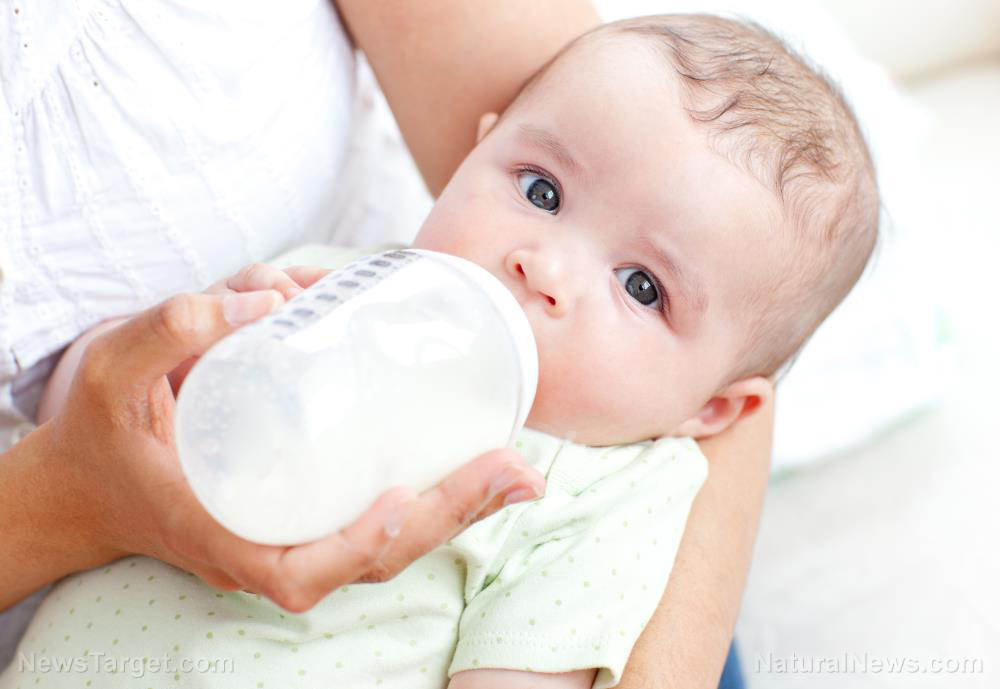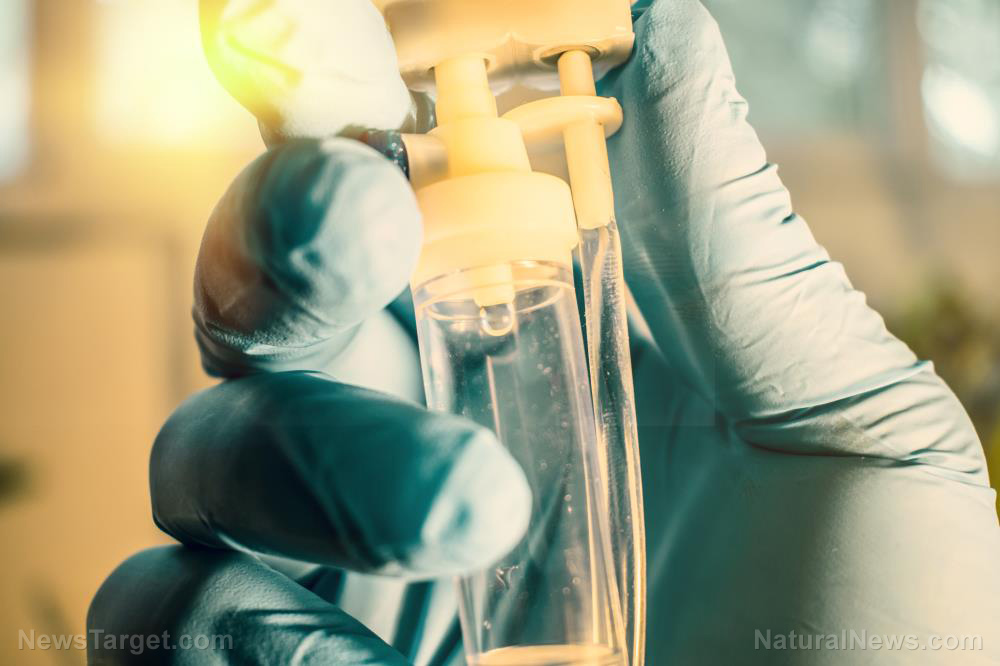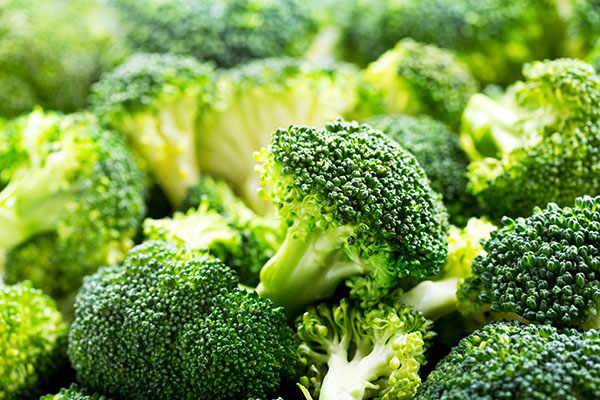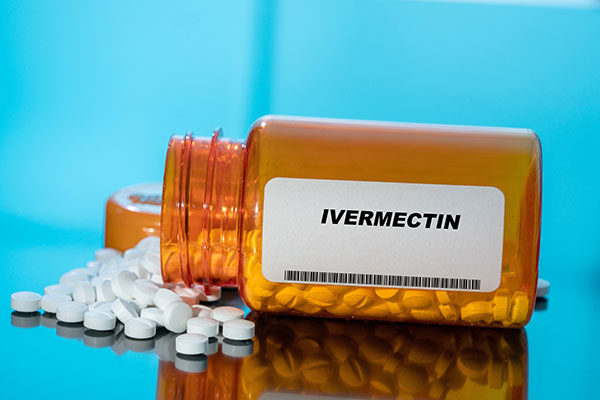 Parler
Parler Gab
Gab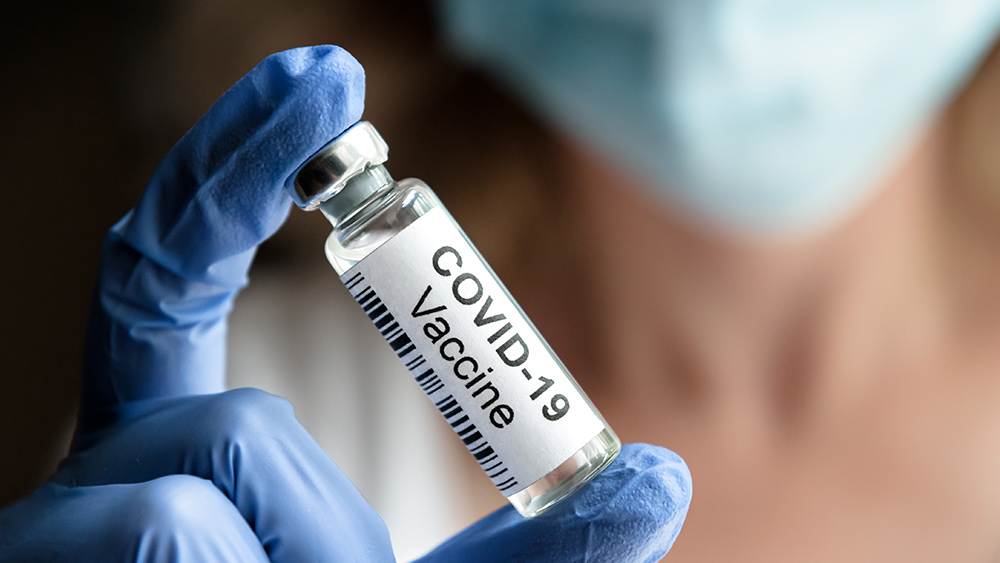
Skip the shots, avoid long COVID
Across the board, people with pre-existing medical conditions of any kind were found to be more prone to developing long COVID compared to healthy people. There were also nuances detected as far as duration of prior infection, how long or if a person had to be hospitalized and which type of COVID injection a person previously took that all appear to play a role in long COVID likelihood. Those who take mRNA shots in the double-dose series were also specifically found to be more likely to develop long COVID compared to people who took one the single-dose COVID shots from either Johnson & Johnson (Janssen) or AstraZeneca. At the conclusion of the study, the researchers declared that they were unable to find "any interaction effect of COVID-19 vaccination and acute COVID-19 severity on long COVID." According to cardiologist Dr. Peter McCullough, this declaration implies that prior vaccination "was independently associated with the occurrence of long COVID." A 2022 survey found that nearly seven percent of all U.S. adults at some point suffered from long COVID. Definitions of long COVID tend to vary, but the U.S. Centers for Disease Control and Prevention (CDC) defines it as "signs, symptoms and conditions that continue to develop after acute COVID-19 infection" that can last for "weeks, months, or years." At the current time, America's regulatory bodies, the CDC included, have decided that getting jabbed for COVID helps to reduce one's risk of developing long COVID. The new study would seem to counteract that, showing that getting injected for COVID makes a person more prone to developing long COVID. "In my practice, the most severe cases of long-COVID are in vaccinated patients who also had severe and or multiple episodes of SARS-CoV-2 infection," said Dr. McCullough on X (formerly Twitter). In a recent Substack post, Dr. McCullough delineated this further, explaining his belief that long COVID symptoms are caused by retention of SARS-CoV-2 spike proteins in cells and tissue following infection. What's next for the fully jabbed? Find out more at ChemicalViolence.com. Sources for this article include: TheEpochTimes.com ncbi.nlm.nih.gov NaturalNews.com PeterMcCulloughMD.substack.comMultiple patients DIED as ICU nurse allegedly injected them with TAP WATER
By Ava Grace // Share
Broccoli can stimulate brain regeneration, new research suggests
By News Editors // Share
Next cyberattack target? Medical devices
By Ethan Huff // Share
Top 6 Ways Big Pharma LOBOTOMIZED MILLIONS of Americans in 2023
By S.D. Wells // Share
Governments continue to obscure COVID-19 vaccine data amid rising concerns over excess deaths
By patricklewis // Share
Tech giant Microsoft backs EXTINCTION with its support of carbon capture programs
By ramontomeydw // Share
Germany to resume arms exports to Israel despite repeated ceasefire violations
By isabelle // Share
